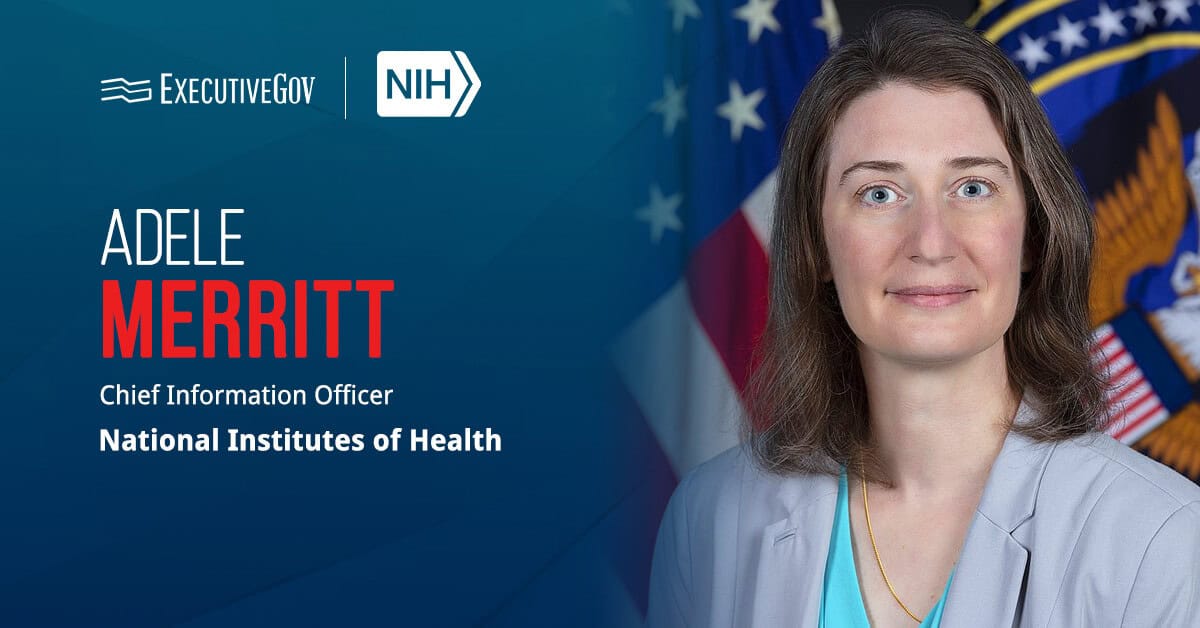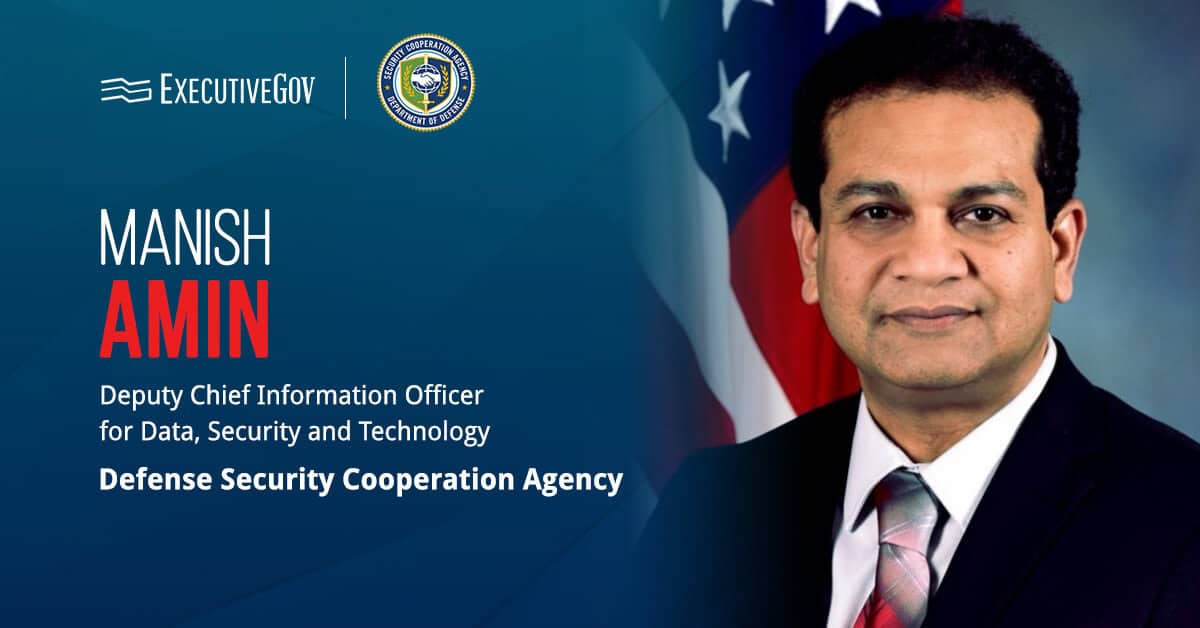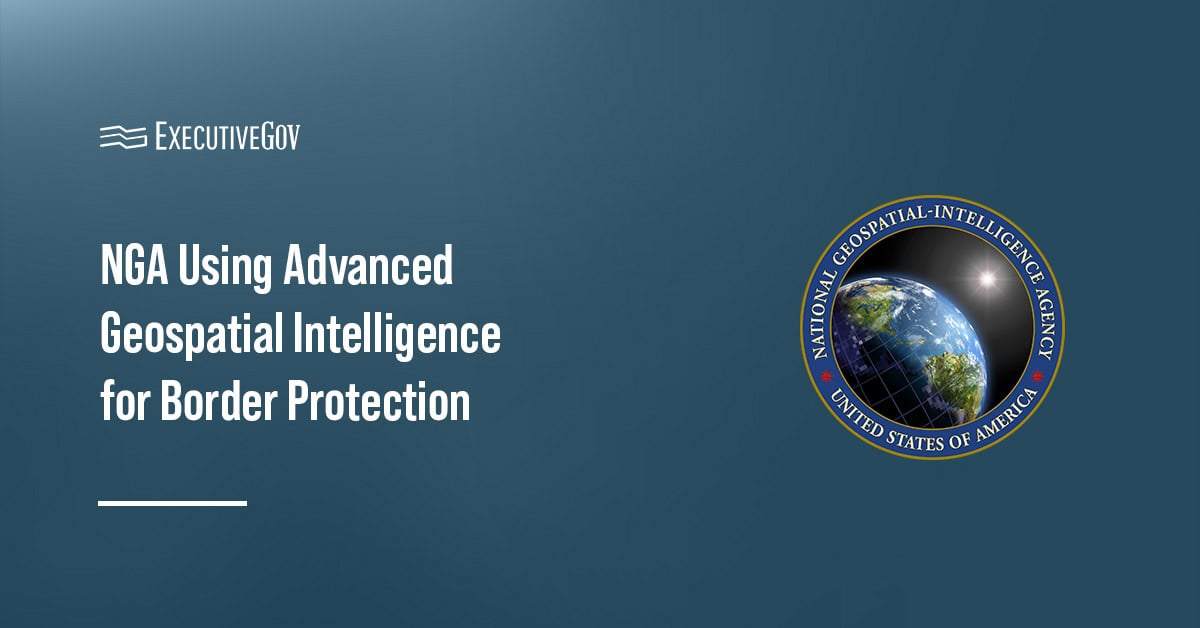Mark Latonero, a research professor at Georgetown University, revealed on LinkedIn that he will serve as a senior policy adviser for artificial intelligence at the National Institute of Standards and Technology.
In his new role, Latonero will coordinate with international standardization entities and policymakers to provide advisory on AI risks and effects, FedScoop reported Friday.
Latonero said his work at NIST will centrally involve working with social and technical experts, as well as diverse stakeholders.
His career also includes advisory and consulting work with the Partnership on AI, the Center for Strategic and International Studies and the United Nations, where he served as a senior consultant to the executive office of the secretary-general.
Related Articles
Adele Merritt has stepped down as the National Institutes of Health’s chief information officer, Federal News Network reported Friday. Merritt is joining the University of Maryland’s Applied Research Laboratory for Intelligence and Security. Join the Potomac Officers Club’s 2025 Healthcare Summit on Dec. 4, and hear experts discuss the latest tech advancements, policies and more. Reserve your seat now for this GovCon networking event! With Merritt’s departure, Jon Henke, the acting deputy director and deputy CIO at NIH, now serves as the agency’s acting CIO. Henke is also the National Human Genome Research Institute’s CIO. Who Is Adele Merritt? Merritt
Manish Amin has assumed the responsibilities of deputy chief information officer for data, security and technology at the Defense Security Cooperation Agency. The official confirmed his new role in a LinkedIn post Monday. As deputy CIO, he will lead the agency’s data, security and technology division. He will also work with agency leadership to develop and implement data and technology strategy and best practices and drive continuous process improvements to enhance organizational efficiency and security. Who Is Manish Amin? Amin is a longtime DSCA official with 15 years of service to the government. He joined the agency as enterprise data
The National Geospatial-Intelligence Agency is providing advanced geospatial intelligence support to the Department of Homeland Security and Department of Defense to enhance border security. Gather valuable insights and learn about the significant role of intelligence in protecting our nation from the top intelligence community leaders at the Potomac Officers Club’s 2025 Intel Summit on Oct. 2 . Strengthening Border Security NGA said Monday that GEOINT enhances the DOD and DHS’s ability to anticipate, detect, and respond to threats along the U.S. borders. This is reportedly crucial in addressing illicit activity along the borders, where drugs, weapons, other illegal items and even





